House prices lift in March according to new data
Homebuyers are being warned the cost of a house is set to stop falling despite interest rates sitting at their highest level in a decade.
The cost of purchasing a home looks to be back on the rise, at least for the time being, in an unwelcome change for those looking to buy a property.
The average cost of buying a home in Australia increased by 0.13 per cent in March with the median value currently $732,000.
House prices have been falling since the Reserve Bank began its campaign to bring inflation into line in May 2022, causing interest rates to rise for 10 consecutive months.
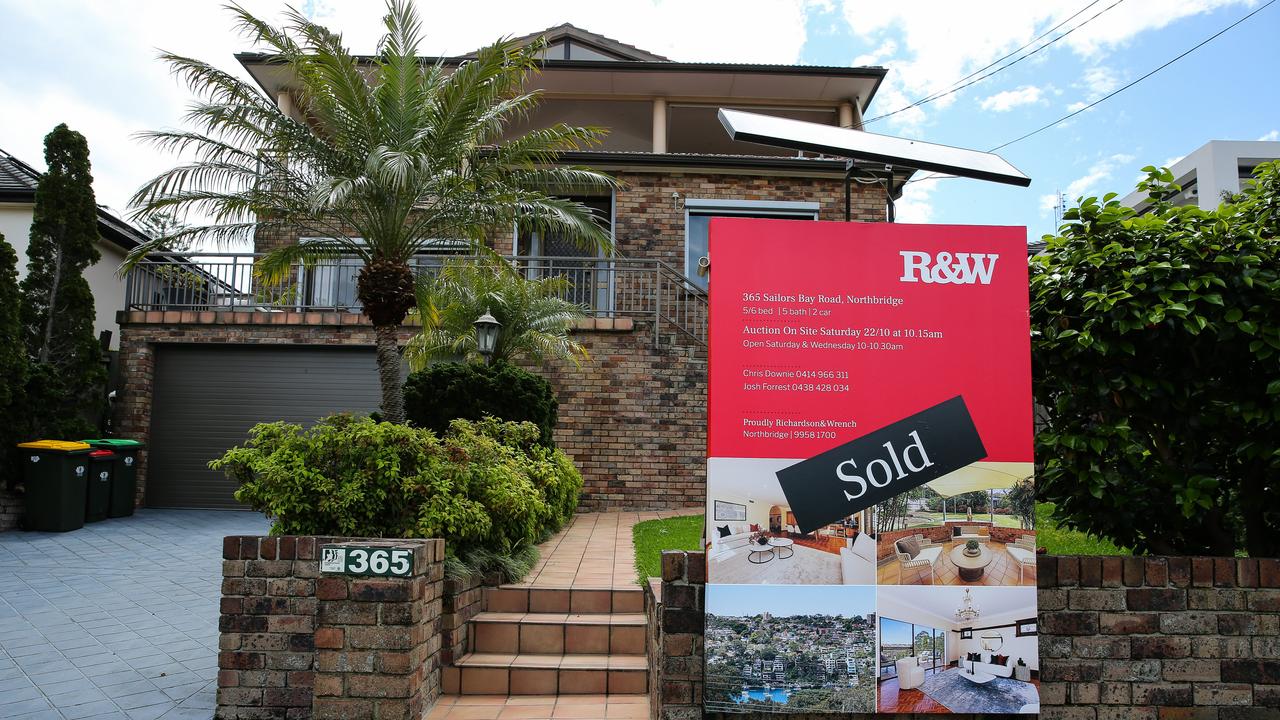
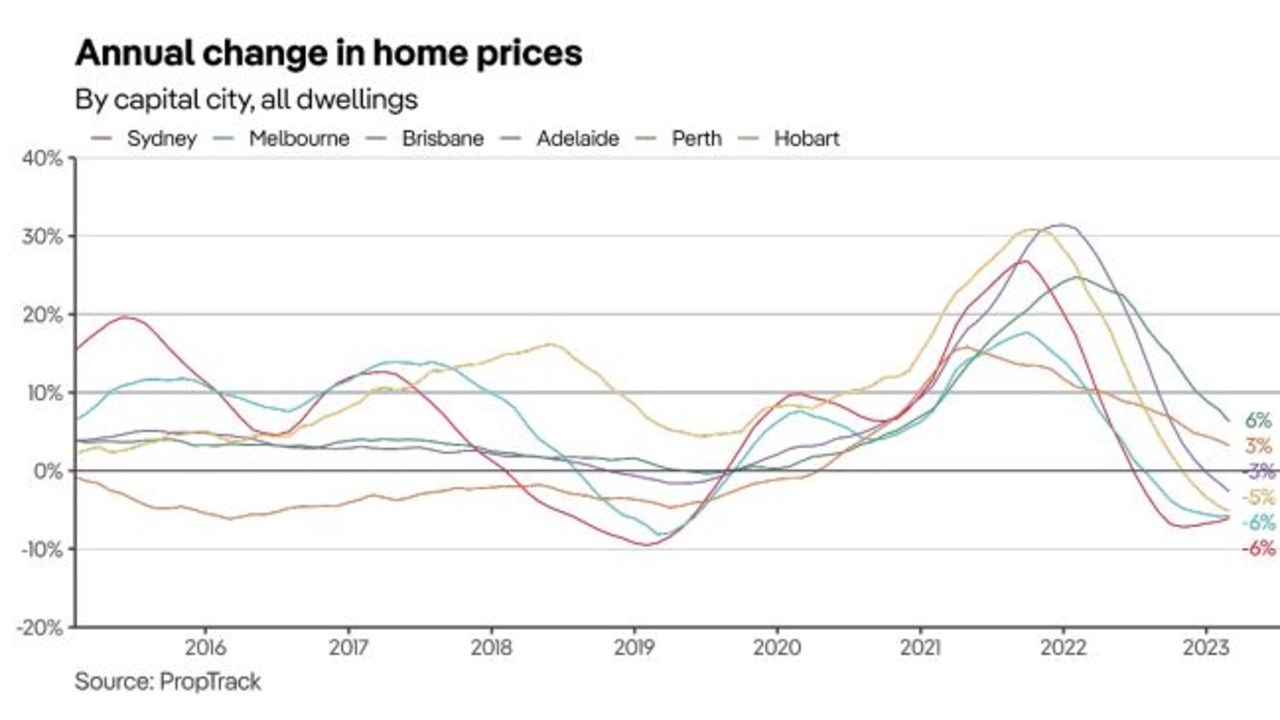
In response, Sydney’s house prices fell by 6.03 per cent in the past year to sit at an average $994,000, Melbourne’s saw a 5.79 per cent drop with the median home value now $789,000, according to the latest PropTrack Home Price Index.
However, March has seen a slight bounce in prices, with Sydney house prices rising by 0.27 per cent, Melbourne by 0.12 per cent, Perth by 0.24 per cent and Adelaide by 0.10 per cent.
Brisbane, Hobart and Darwin bucked the trend with prices falling by 0.06 per cent, 0.43 per cent and 0.10 per cent respectively.
As rate rises drive prices down by reducing the amount of money borrowers are able to get, demand is being driven upward by increasing immigration, higher rent prices and an uptick in wages growth.
A lower number of new listings has also buoyed values according to PropTrack.
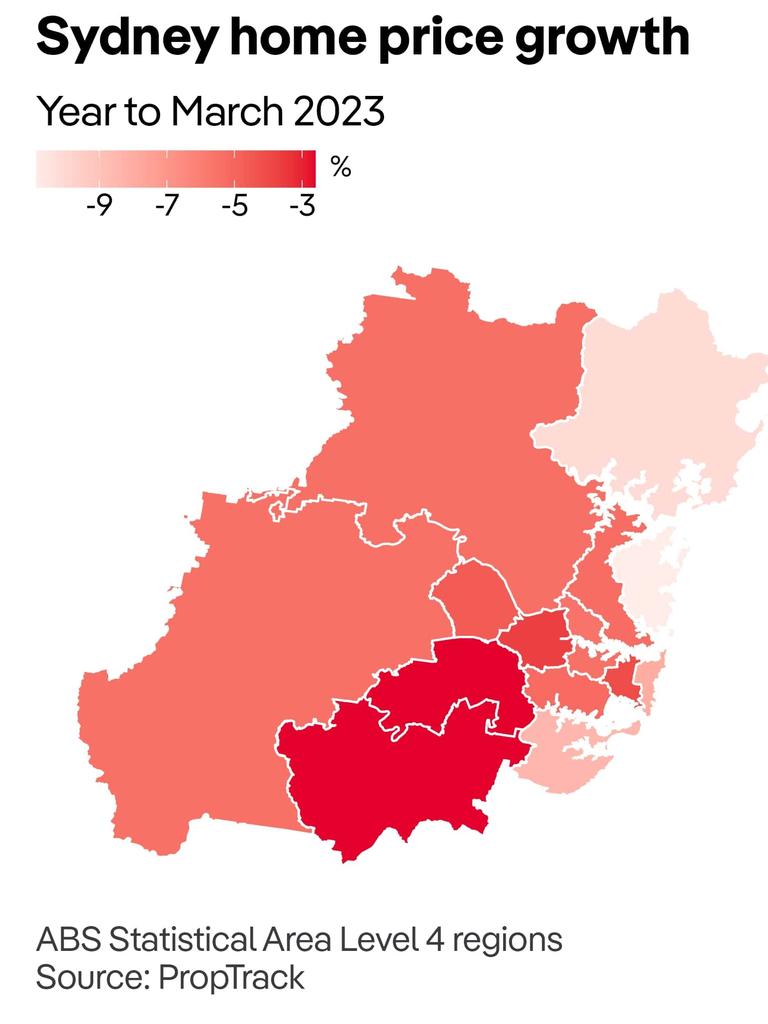
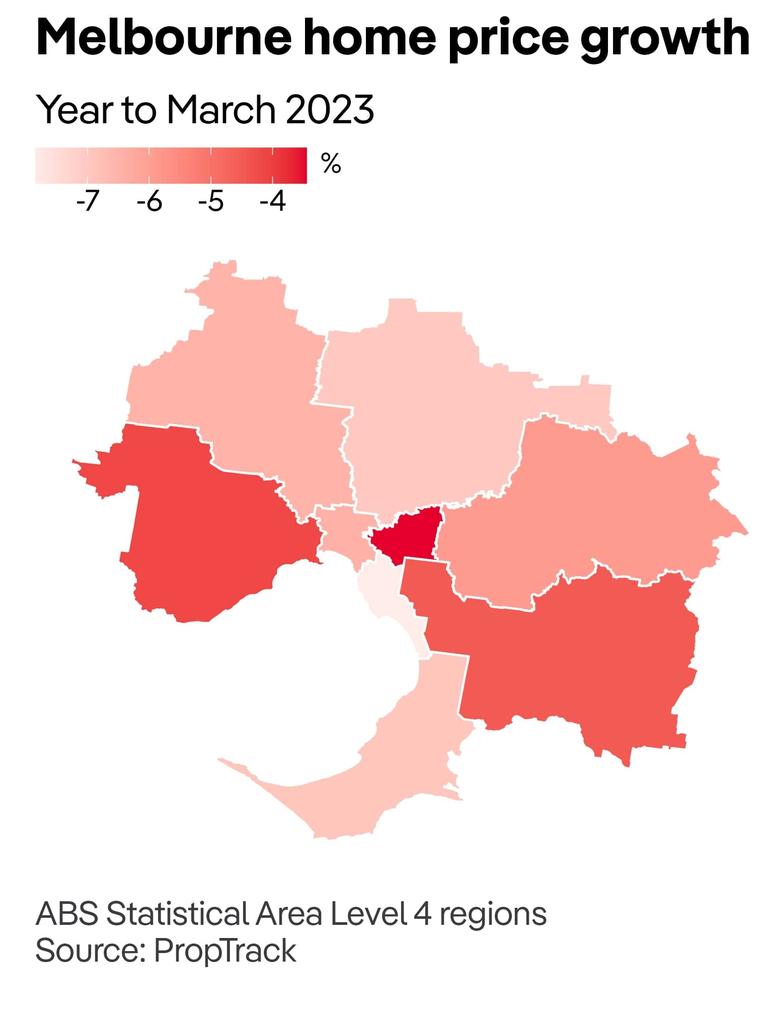
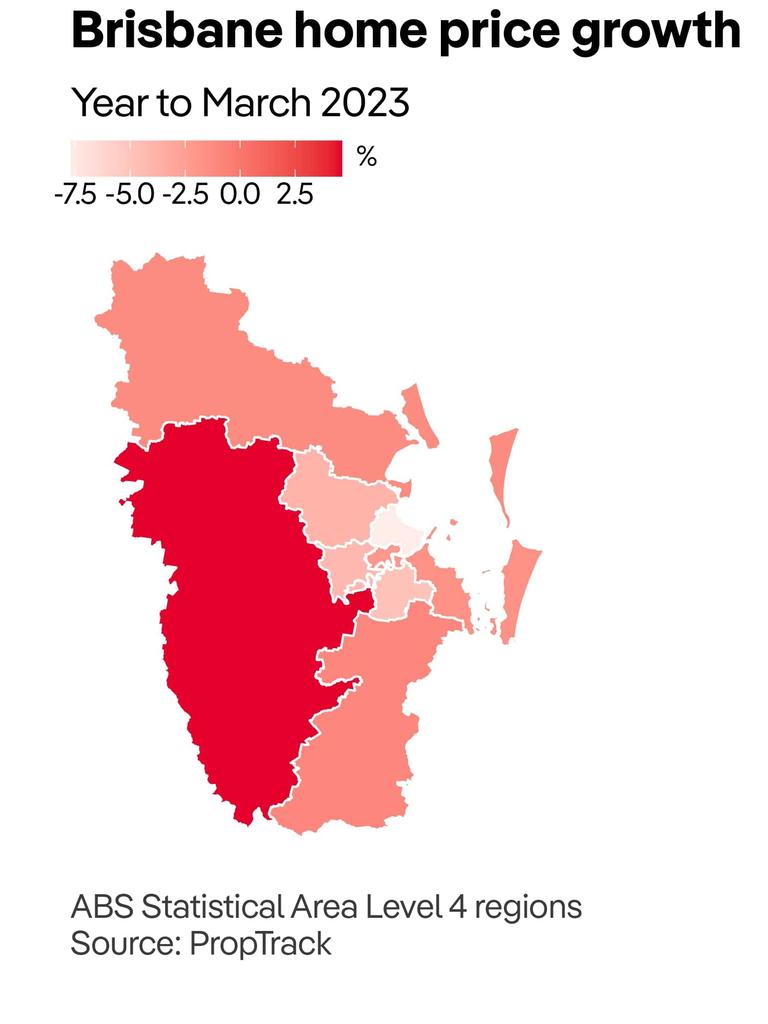
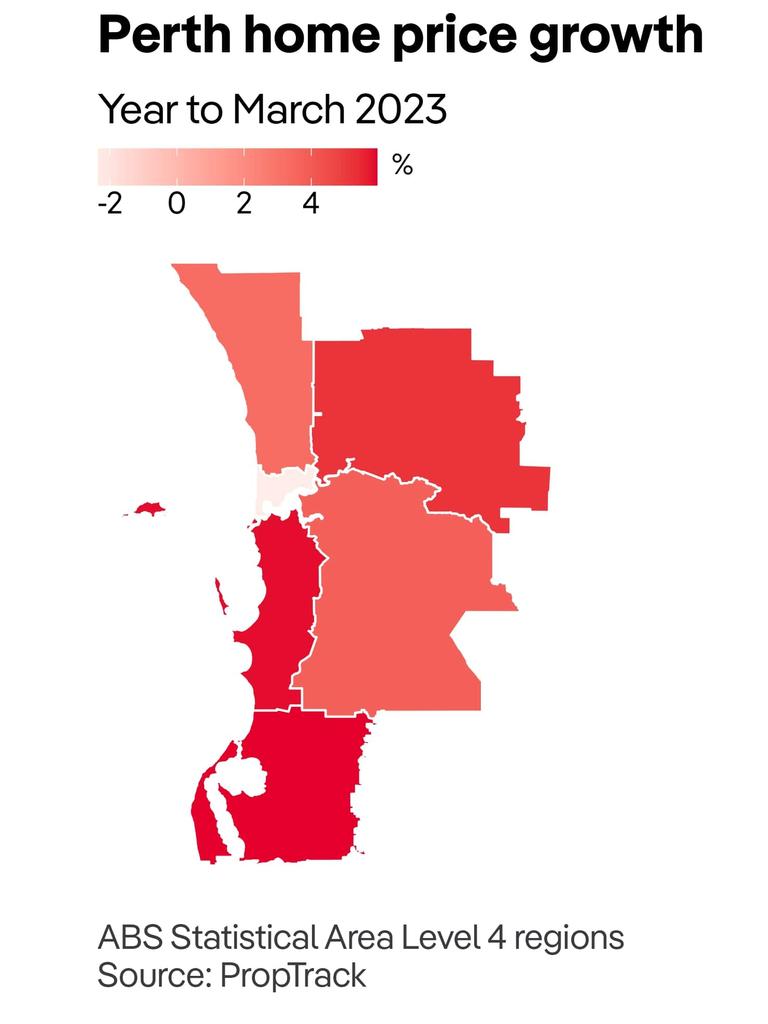
With inflation rates still much higher than the RBA’s 2-3 per cent target and unemployment at relatively low levels, the bank may opt for another cash rate hike, but a pause is on the cards, according to PropTrack economist Eleanor Creagh.
“Concerns around inflation expectations remaining anchored and the Board’s commitment to overcoming the challenge of high inflation make a 25-basis point lift next week more likely than not. But it’s a close call and the end of interest rate rises is in sight, whether the Reserve Bank pause this month or next,” she said.
“If the RBA does lift the cash rate next week by 25bp, it will be the 11th consecutive hike, bringing the cash rate to 3.85%, its highest level since April 2012.
“This would likely be the point at which the RBA pauses its tightening cycle and assesses the impact of the tightening already delivered.”
More Coverage
However, prices could still take a dip in coming months as the full impact of the rate rises is felt by mortgage holders.
“In this tightening cycle, with so many borrowers having taken advantage of record low fixed rate mortgages throughout the Covid period yet to feel the full impact of rate rises, this is especially the case,” Ms Creagh said.
“As such, it is expected that consumer spending will slow sharply over the coming months as the lagged impact of rate rises already delivered takes effect.”





